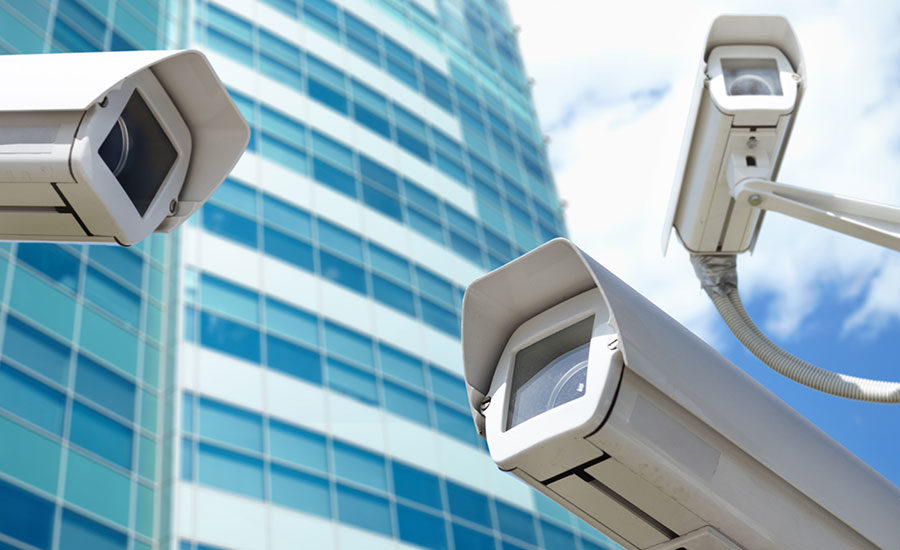The balance between national security and personal privacy has always been a delicate one, but in recent years, the scales have tipped heavily in favor of surveillance. Governments around the world, including the United States, have expanded their surveillance capabilities in the name of security, often at the expense of individual privacy rights. As these powers continue to grow, there is a growing concern that the erosion of privacy is threatening the very freedoms that governments are supposed to protect.
The advent of digital technology has given governments unprecedented access to personal information. Through programs like the National Security Agency’s (NSA) mass data collection, law enforcement agencies can monitor phone calls, emails, and internet activity on a scale that was once unimaginable. While these programs are often justified as necessary to combat terrorism and other threats, they also raise significant concerns about the potential for abuse and the impact on civil liberties.
One of the most troubling aspects of government surveillance is the lack of transparency and oversight. Many of these programs operate in secrecy, with little public scrutiny or accountability. This lack of oversight makes it difficult to know the true extent of surveillance activities and whether they are being used appropriately. Moreover, the broad and often vague legal frameworks that authorize these programs can be interpreted in ways that allow for significant overreach.
The impact of government surveillance on privacy rights is profound. When individuals know that their communications and activities are being monitored, it can create a chilling effect, discouraging free expression and the exchange of ideas. This erosion of privacy can also lead to self-censorship, as people become more cautious about what they say and do online.
Protecting privacy rights in the face of expanding government surveillance requires a robust legal framework that sets clear limits on surveillance activities and ensures transparency and accountability. It also requires a vigilant public that is willing to demand that their rights be respected and that the balance between security and privacy is maintained.


